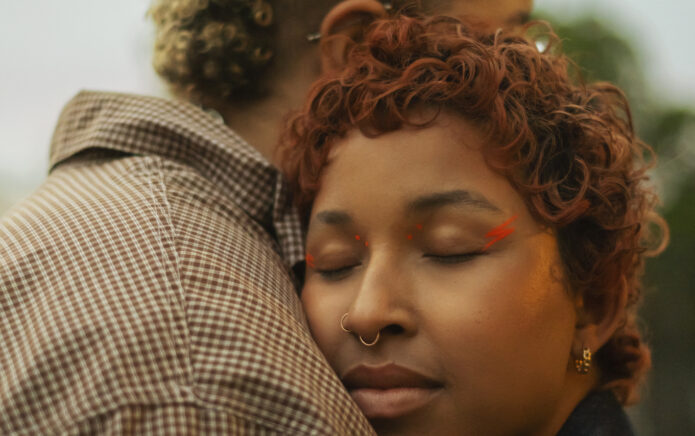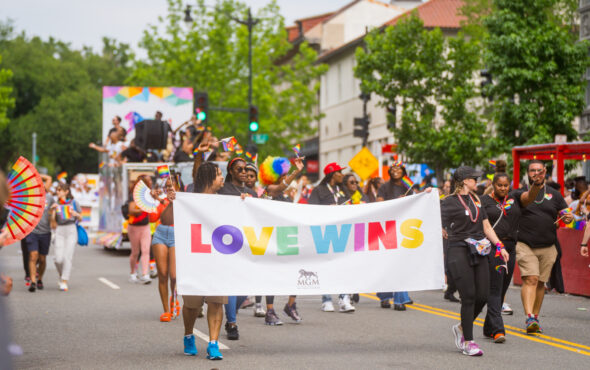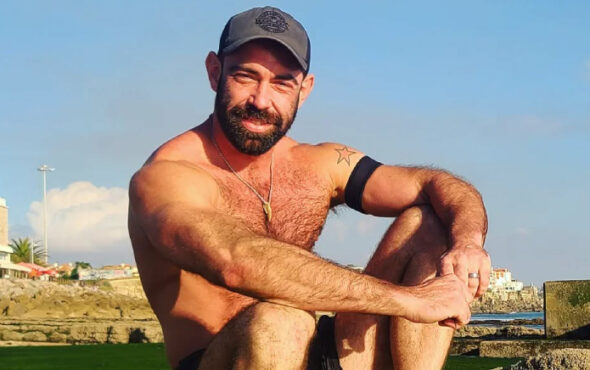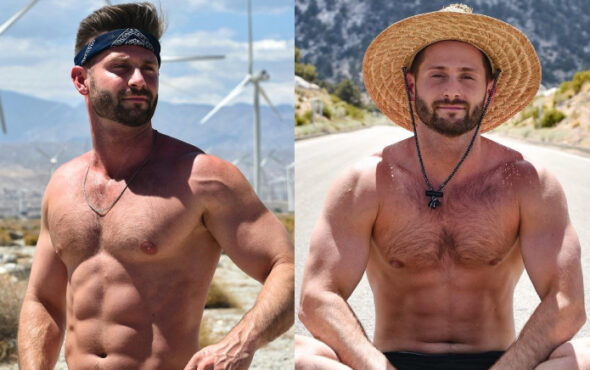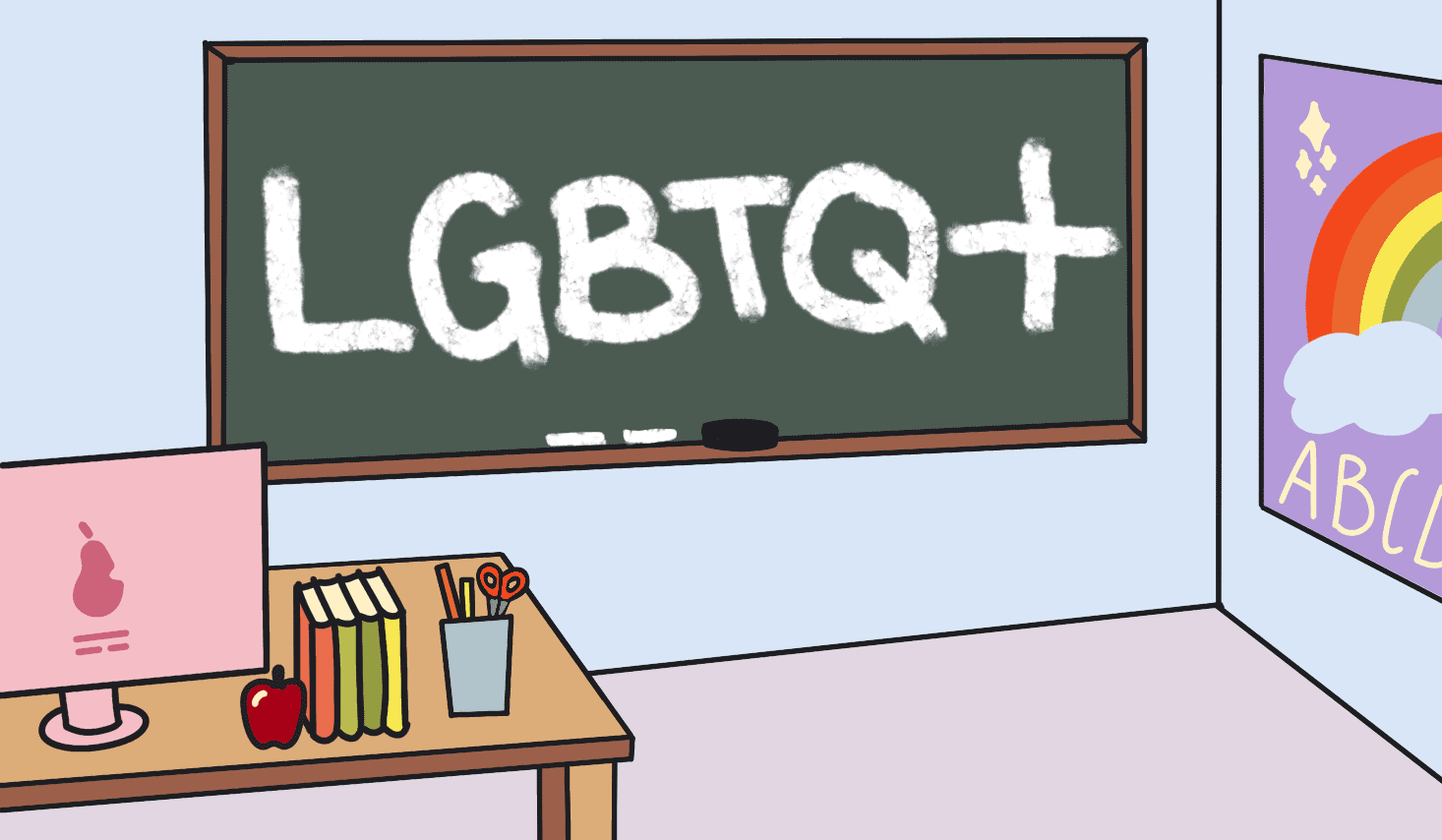
“All I want for Christmas is LGBTQIA+ inclusive education” is not something I wrote on my Christmas list as a teenager. But it was a thought that consistently popped into my head during the six years I was in high school. Two years after leaving school, it still does.
I went to a small, rural high school outside of Edinburgh, where homophobia was more common than any discussion of LGBTQIA+ identities. I remember when someone in my year came out as a lesbian, and her experience was challenging to say the least. This created a lonely and isolating environment, and even though I didn’t know I was LGBTQIA+ until I was 16, I still felt it.
During the COVID lockdowns, I read Loveless by Alice Oseman, and for the first time I realised that I was asexual and aromantic. Asexual means experiencing little to no sexual attraction, while aromantic means experiencing little to no romantic attraction. But at school, neither of these identities were ever discussed. In health and wellbeing lessons it was assumed that we were all straight, leaving me feeling alienated. I am neurodivergent and struggle a lot with anxiety, and I think this adverse environment compounded my shyness.
I was also harassed in school, in part because of my sexuality, but I felt unable to go to any member of staff for support. So many people don’t know about asexuality or aromanticism, and with so little representation or education in our school community, I thought no one would take me seriously or believe me.
I was 17 when I realised I was non-binary. I couldn’t see anyone like me in my school at that point, and the idea of telling people filled me with anxiety, so I decided it was safer to not come out.
When I was in my last year of school, some pupils got together and set up a LGBTQIA+ club. They put up some flags in the hallways, but after feeling so alone and shy for five years, I couldn’t bring myself to join or tell anyone outside of my closest friends who I really was.
But things could have been different. Now, I’m 19 and volunteer for Just Like Us, a charity which helps LGBTQIA+ young people like me to tell our stories in schools, and become the representation we never had.
I wish that Just Like Us had been around when I was at school. If someone had told me it would all be OK and that I wasn’t alone, it would have changed so much for my younger self. Having a safe space to be myself, and seeing people like me in real life instead of in a book or on a screen, would have meant a lot.
While I am a lot happier now, my negative experiences at school have significantly affected my mental health, and an inclusive environment at school could have made all the difference. I wish this had been the case for me, but schools implementing LGBTQIA+ inclusive education in Scotland and across the UK give me hope. I don’t ever want anyone to have to go through what I went through, because all young people deserve to grow up feeling free to be themselves.
Just Like Us needs your help to ensure no young person grows up wishing they had been supported at school – donate now.
